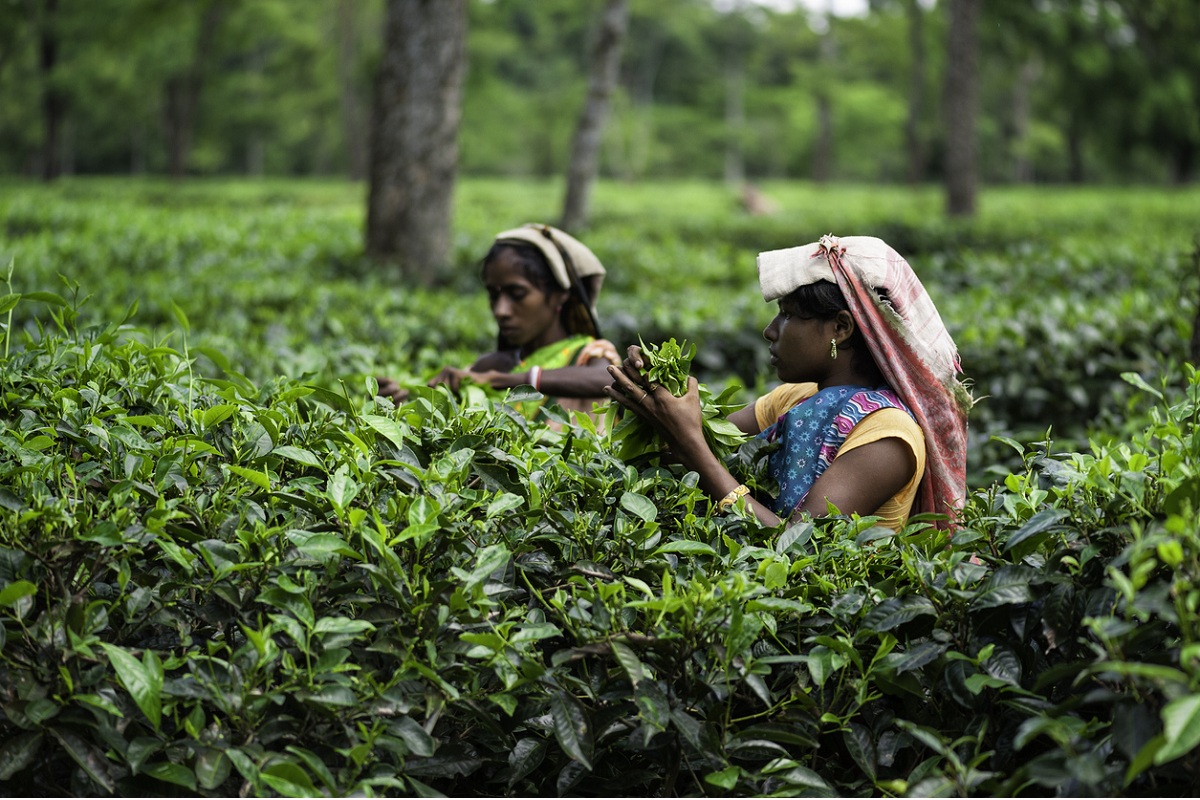As the tea industry in Bengal and Assam grapples with a production crisis due to climate change, the Tea Research Association (TRA) has introduced the first climate-smart tea seed stock, TSS-2, to combat the adverse effects of rising temperatures.
According to TRA officials, the new ‘climate-smart’ tea seed can withstand high temperatures while continuing to produce high-quality teas, providing much-needed resilience to the industry.
At the 60th Annual General Meeting (AGM) held recently in Kolkata, TRA chairperson Nayantara Palchoudhuri emphasised the organisation’s dedication to advancing tea research and innovation.
“This past year has been challenging, with reduced funding and the impact of climate change, but we remain steadfast in our commitment to the betterment of the global tea industry,” Palchoudhuri stated.
In addition to launching TSS-2, TRA also released a special bulletin outlining measures for tea estates to adopt in response to adverse weather conditions. The bulletin noted that August 2024 experienced higher maximum temperatures and lower rainfall than the same period in 2023. Specifically, the first half of August 2024 recorded a maximum temperature of 32.45°C, which was 0.75°C higher than the previous year. In the second half of August, the temperature surged by 3.56°C compared to 2023, exacerbating the challenges for tea production.
“The high temperatures and reduced rainfall over the past 10-12 days have significantly impacted production, leading to leaf scorching. Both short-term and long-term measures have been recommended to mitigate these effects, with long-term solutions designed to address future droughts,” the bulletin stated.
TRA, which operates from its 114-year-old Tocklai facility in Assam, the world’s oldest and largest tea research institute, is also sharing its wealth of knowledge with the global tea community. At the AGM, TRA launched the first integrated global tea learning platform, developed from over a century of expertise. The platform offers courses on various aspects of tea cultivation, accessible through video lectures and course materials from anywhere in the world, with certification from TRA.
Dr Dhriti Banerjee, Director of the Zoological Survey of India, served as the Chief Guest at the event, highlighting the importance of restoring biodiversity in India’s tea gardens.
The Tocklai Experimental Station, established in 1911, plays a crucial role in research and development for the Indian tea industry, with a focus on enhancing productivity and quality.
TRA secretary Joydeep Phukan explained, “The online tea courses are intended to share Tocklai’s knowledge with the Indian and global tea industries while generating revenue.”
A senior official noted that TRA’s technology transfer to its member estates is facilitated through an advisory network, which spans 1,076 tea estates covering 341,049 hectares across regions such as South Bank, North Bank, Upper Assam, Cachar, Tripura, Dooars, Darjeeling, and Terai. TRA also operates a regional R&D Centre in Nagrakata, West Bengal.
In another key development at the AGM, TRA Director Dr. A. Babu announced the release of microbial formulations developed in collaboration with Varsha Biotech under the BIRAC project. These formulations, designed to reduce excessive pesticide use, were approved by the Central Insecticides Board in July 2024. This marks the first time such microbial formulations will be included in the Plant Protection Code (PPC), an essential milestone for the industry.












